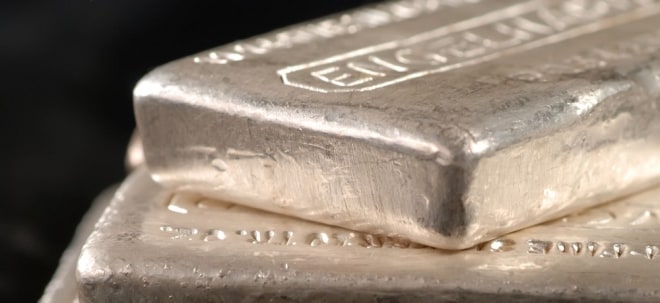Liebe Arivaner,
anbei eine interessanter und sicherlich nachvollziehbarer Beitrag von Dr. I. Kellner bei CBS Marketwatch zur Erklärung der jüngsten Entwicklung von Dow Jones und Nasdaq in den ersten Tagen des neuen Jahrtausends!
Grüße
Arlouis
----------------------------------------
A tale of two markets
By Dr. Irwin Kellner, CBS MarketWatch
Last Update: 10:10 AM ET Jan 7, 2000
NEW YORK (CBS.MW)-
"Yes, Virginia, there is rationality in the stock market.
It's called profit taking, tax planning, portfolio shifting,
and a healthy dose of fear.
Let me explain.
A number of stocks ran up sharply in 1999. The record-setting 85 percent gain by the Nasdaq($COMPQ: news, msgs) was just the tip of the iceberg; some stocks recorded a percentage increase last year that was in three or even four digits.
Considering that most of these companies earn no profits -- or pay dividends -- rationality finally set in and people decided to take some money off the table this week.
Why this week? Because Monday, Jan. 3 was the first trading day of the new year, so any profits garnered would not add to tax bills until April 15 of next year -- more than 15 months away.
That helps investors' personal cash flow, as you can understand.
Blue chip bank
The interesting thing is that people did not put this money under their
mattresses, in the bond market, or even in the bank. They turned around and
invested these funds into blue chip companies that earn profits and pay
dividend. (See my column of Jan. 4).
That's why the Dow Jones Industrial Average ($INDU: news, msgs) fell only two percent from the end of last week through close of business on Thursday, while the high-flying Nasdaq shed 8 1/2 percent.
Then there's fear --in this case of the Federal Reserve.
While the notion that the Fed would probably hike
interest rates as early as Feb. 1 is not new, President
Clinton's reappointment of Alan Greenspan as Fed
chief earlier this week cleared up any lingering
doubts by removing his nomination from the political
arena. (See related story.)
Higher interest rates are anathema for stocks --
especially those whose companies don't make profits
and thus must rely continuously on new infusions of
cash. That's why the money-making Dow Jones
Industrials fared relatively better this week than the
Nasdaq.
Tighter money supply
Indeed, the Fed may already have begun tightening
the monetary screws.
Do you remember all this extra liquidity that the central bank pumped into
the banking system late last year to help tide it over any Y2K-related cash
withdrawals? Well, the Fed has already begun to take this extra currency back.
Thus the technology shares, the chief beneficiaries of last month's surge in
ready cash, have become the main victims of its withdrawal. Talk about
going cold turkey." |


 Thread abonnieren
Thread abonnieren

